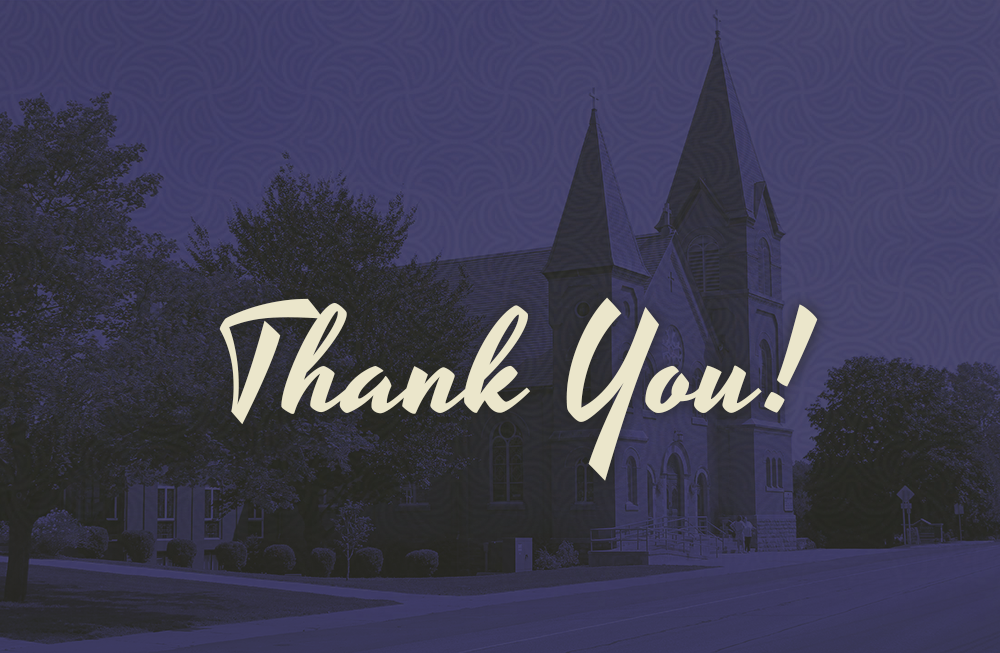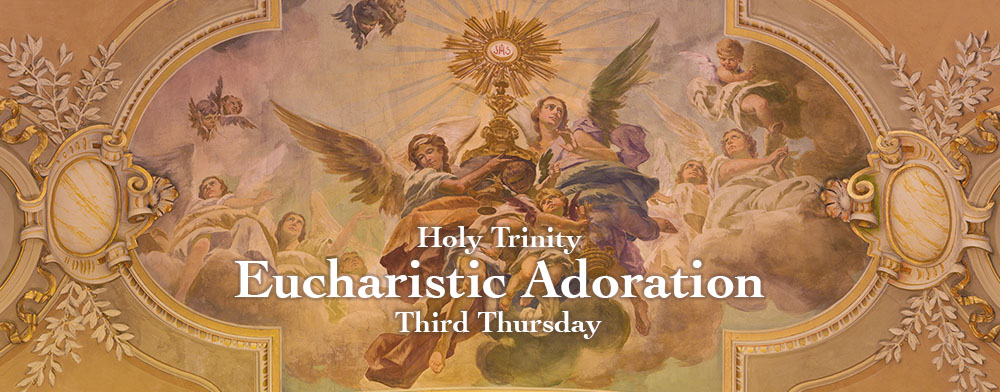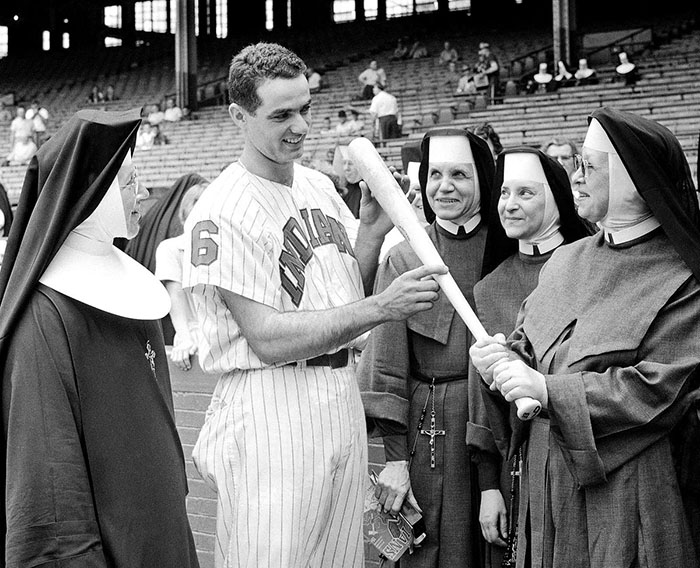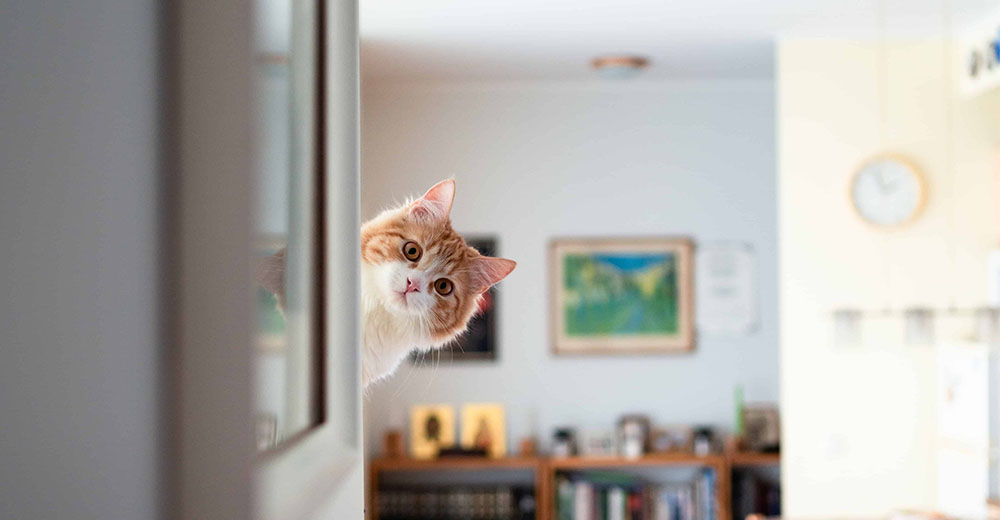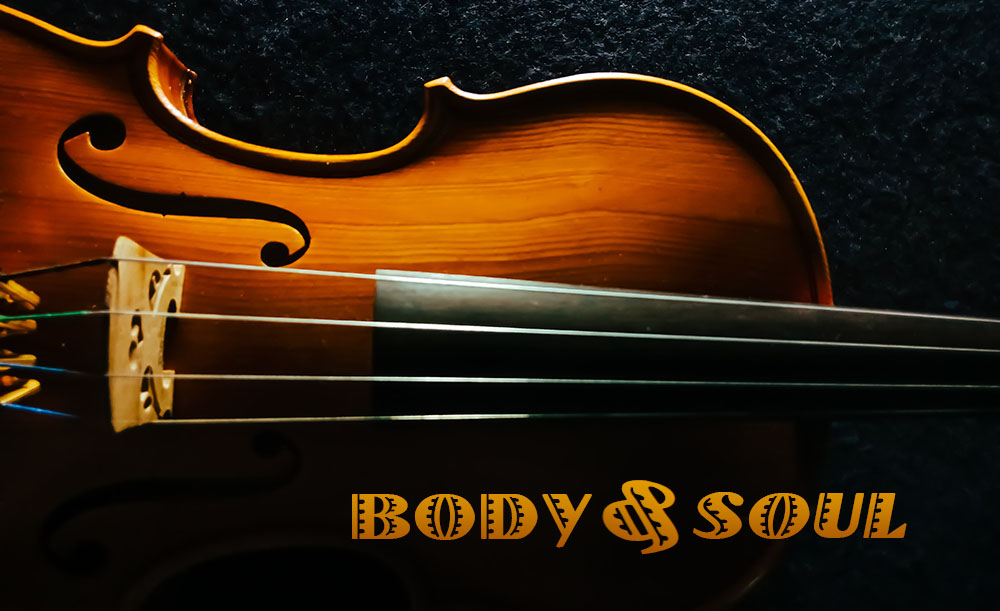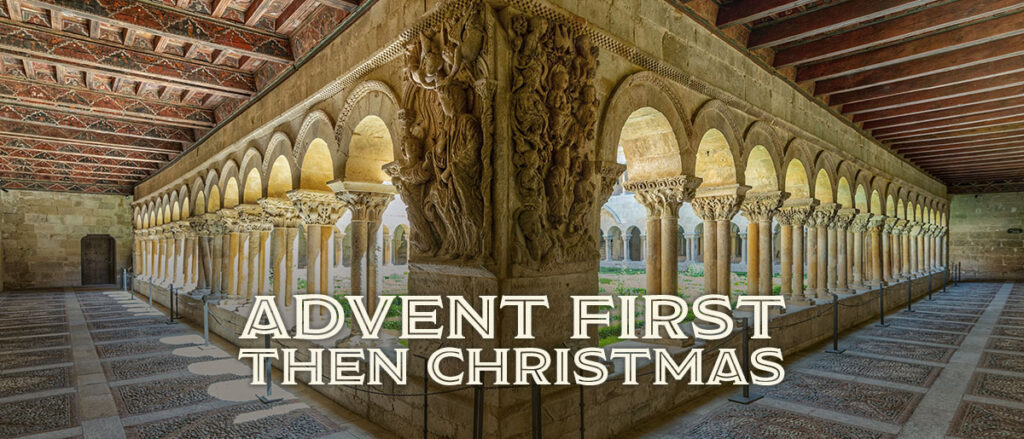
A few years back I was having coffee with a friend in a family restaurant in town. In the back ground was the, oh so familiar tune of Jingle Bells, playing slightly louder than was comfortable. “Oh what fun it is to ride . . . “ This was followed by that new classic of recent years, Rockin’ Around the Christmas Tree. . . “Oh Rock’n around the Christmas tree at the Christmas Party Hop . . .”
Somehow my ”holiday spirit” sank pretty low. Why do they do that to us? Why do they start the Christmas music five weeks too early. Because it’s beautiful; one of a kind music and fresh every year . . . for awhile.
Did you know the Church encourages us to avoid flagrant displays of Christmas prior to Christmas? Rather, she encourages us to enter into that beautiful and subtle season we know as Advent. Ask any expectant mother . . . we can’t hurry the birth of the child.
Advent gets us ready for Christmas. It builds expectation and longing. It makes us hungry for the Feast Day, increases our anxiousness to celebrate its power and beauty. The world would rather have Christmas without the wait. Sort of like the cake before the potatoes. Ever get sick of Christmas before Christmas?
How can we keep the proper order? Advent first, then Christmas? Here are some suggestions . . . and I mean suggestions. Each family has to make their own decisions here.
- Christmas carols. You’ll hear them everywhere, but fill your home with Advent music. Gregorian Chant has wonderful Advent hymns. (Google “Advent Gregorian Chant”; you’ll find beautiful restful music.
- Greet people with “Happy Advent”, instead of “Merry Christmas” until the feast.
- Let decorations be around the Advent Wreath with Advent colors of Purple and Rose.
- Christmas Parties? Of course. But closer to Christmas please.
- Keep Santa sightings to a minimum.
- Advent is a season for Hope. Christmas is a season for Joy.
I know this sounds “elitist” and out of touch with the world around us. But try it. I think you’ll find this slower pace and softer sounds starts an “Advent Spirit” in you. One that will be ready to celebrate the real meaning of Christmas.
By the way, Christmas is celebrated for three weeks!! All the more reason to not be sick of Christmas before Christmas. I hope these beautiful Advent Days help your spirit to appreciate the small humble things that God will send you.
Things like:
- Seeing Christ in the young, the vulnerable, the poor.
- Experiencing a desire to give and help situations that need a gentle touch.
- Remembering times when you were helped by the unexpected kindness of others.
- Moments of sadness and compassion for others (even strangers) in your daily travels.
Bless you.
Fr. Tim


